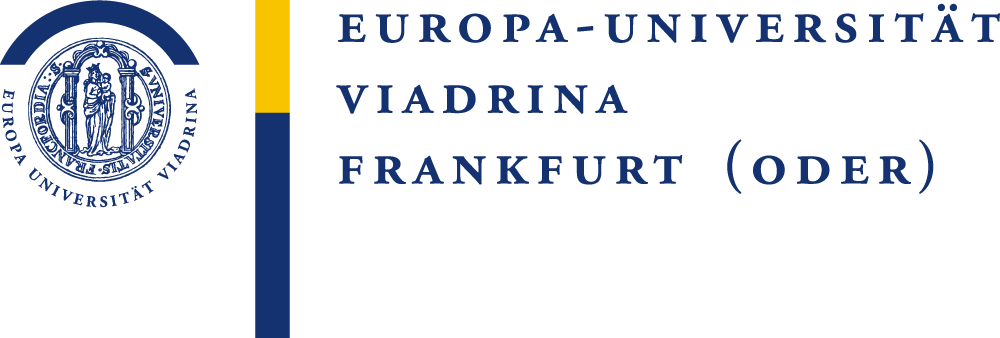Event: Export controls of surveillance technology – state of play and the way forward
Experts from civil society, industry, governments and EU institutions met in Berlin on Thursday, February 5, 2015 to discuss policies on export controls of surveillance technologies. The event was organised by Centre for Internet and Human Rights (CIHR) with the support from the Dutch Ministry of Foreign Affairs. Participants agreed that a balanced approach that takes into account human rights concerns should be developed in the coming years.
There has been a growing body of evidence that repressive regimes purchased surveillance technologies to monitor and censor citizens online. In response to this evidence, the European Union and its member states have increased their efforts to restrict exports of such technologies to countries where they can be used to harm human rights.
Leading human rights organisations from the global Coalition Against Unlawful! Surveillance Exports (CAUSE) reminded that products developed by companies based in the EU have been used by repressive regimes to conduct surveillance. Edin Omanovic from Privacy International cited evidence that such technologies led to grave human rights violations in countries such as Bahrain, Egypt, Ethiopia, Iran, Libya and Syria.
There is a growing consensus among the EU and its member states can lead the effort to use export control measures as a way to better protect human rights in third countries. Reinherd Schelle from the European Commission encouraged all civil society and industry representatives to participate in the ongoing review of the European policies in this area. “We want the EU standard to be of highest ethical value”, he stated on Thursday.
Experts also agreed that in order to protect human rights effectively, new regulations have to be based on reliable data about impact of specific technologies. “It is not enough to confine ourselves to political talk, we need to bring technical expertise into this discussion”, said Karen Costa-Zahn from the Germany Ministry of Economic Affairs and Energy. A group of EU experts will take technical, economical and human rights perspective into account.
Participants also agreed that the EU should adopt a balanced approach, which does not harm research and development done by European companies. Magnus Nordeus from DIGTIALEUROPE stressed that for export controls to be efficient, they need to be well-assessed and harmonised across member states. “The EU should be a role model in this field” – Nordeus concluded.
For additional information on the subject, consult the following publications:
- Maurer, Tim, Edin Omanovic, and Ben Wagner. 2014. Uncontrolled Global Surveillance: Updating Export Controls to the Digital Age. http://newamerica.net/sites/newamerica.net/files/policydocs/Uncontrolled_Surveillance_March_2014.pdf
- FIDH. 2014. Surveillance Technologies “Made in Europe”. Regulation Needed to Prevent Human Rights Abuses. https://www.fidh.org/IMG/pdf/surveillance_technologies_made_in_europe-1-2.pdf
- COM(2014) 244 final: Communication from the Commission to the Council and the European Parliament: The Review of export control policy: ensuring security and competitiveness in a changing world. http://trade.ec.europa.eu/doclib/docs/2014/april/tradoc_152446.pdf

